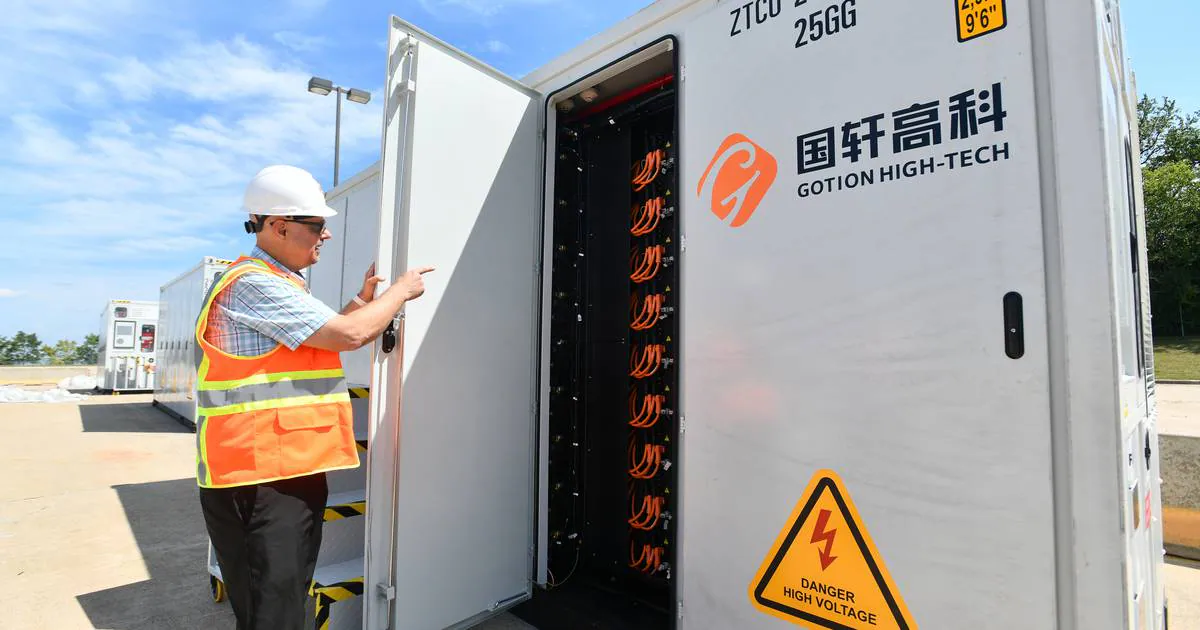By Modestus Anaesoronye
Copyright businessday

The Micro Pension Plan (MPP), otherwise known as the Personal Pension Plan (PPP), has grown nine-fold in four years, driven by technology and increased awareness.
The plan grew from N168.63 million in 2021 to N1.46 billion in 2025, according to data from the National Pension Commission (PenCom), reflecting that Nigerians are taking steps to secure their future.
This trend has also been seen in the voluntary contributions segment under the Contributory Pension Scheme (CPS), where participation grew steadily from 844 Retirement Savings Account (RSA) holders in the first quarter (Q1) of 2024 to 1,763 in Q1 2025, indicating a 109 percent increase.
The MPP or PPP is a retirement savings scheme created for individuals in the informal sector (business owners, artisans) and organisations with less than three employees, Crusader Pensions says.
The plan allows contributors to save towards their retirement or in case of incapacitation, and is designed to provide future financial security for them.
Read also: PenCom to overhaul micro pension in push for financial inclusion
Oguche Agudah, chief executive officer, Pension Fund Operators Association of Nigeria (PenOp), said the PPP, formerly known as the MPP, has continued to gain momentum as one of the fastest-growing segments of Nigeria’s pension industry.
He said the recent name change was introduced to make the scheme more relatable and attractive to potential contributors, especially younger Nigerians and informal sector workers.
“The plan was not only rebranded under a new identity, but also restructured to align with evolving market realities, and customer needs,” he said.
By repositioning as the PPP, the initiative better communicates flexibility, ownership, and inclusivity, aligning with its goal of ensuring that every Nigerian, regardless of employment type, can build sustainable retirement savings, Agudah said.
According to him, the PPP is set to remain a cornerstone of Nigeria’s financial inclusion strategy.
“With its simplified branding, tech-driven contributions, and expanding awareness, it is poised to reach more Nigerians in the coming years.”
He however stated that stakeholder collaboration and targeted support will be critical to sustain this momentum and ensure long-term impact.
Meanwhile, on the voluntary contribution that has also recorded increased participation, Akinbola Akintola, head, Research & Investor Relations at PenOp PenOp, said the industry has continued to record growth in voluntary contributions (VCs), reflecting rising awareness among RSA holders about the benefits of supplementing mandatory pension contributions.
“The trend is clear. While contribution sizes fluctuate seasonally, more Nigerians are embracing venture capitalists (VCs) as part of their financial planning. This shift shows growing awareness of the pension system’s role, not just for retirement, but also as a structured savings and investment channel.”
Akintola stated that the rise in participation strengthens the industry’s capacity to mobilise long-term funds for the economy, while securing a better future for contributors.
Omolola Oloworaran, director-general of PenCom, who spoke at the 10th Annual Conference of the Nigerian Association of Insurance and Pension Editors, said the commission was looking to expand the CPS through the informal sector to boost financial inclusion.
Represented by Ibrahim Buwai, head of Corporate Communications at PenCom, she emphasised that the majority of the Nigerian workforce were in the informal sector, highlighting the need to develop that segment of the market.
Oloworaran said, “Let’s talk about expanding the CPS to increase financial inclusion and grow the informal sector. Even though data shows that the Nigerian labour force is between 70 million and 80 million, the key issue is that the larger percentage resides in the informal sector.”
According to her, “Understanding how informal sector workers are enrolled under the CPS is crucial for a country like Nigeria, if it must strengthen its social safety net. Pension is what will come in handy to achieve that.”
“We recognise the issues with the current product. One key element of the new plan is that it will be stratified to recognise various segments of the informal sector. The plan will be tailored to cover artisans, professionals, entertainers, sportsmen, among others,” she said.
“But the most important thing is to address the challenges around onboarding. We will deploy technology to make onboarding as simple as going to a POS terminal to withdraw or lodge money,” Oloworaran said.
The PenCom DG also disclosed that with the rise of fintech, regulators are considering a Super-Agent Model for onboarding, in close collaboration with the Pension Fund Administrators (PFAs).



